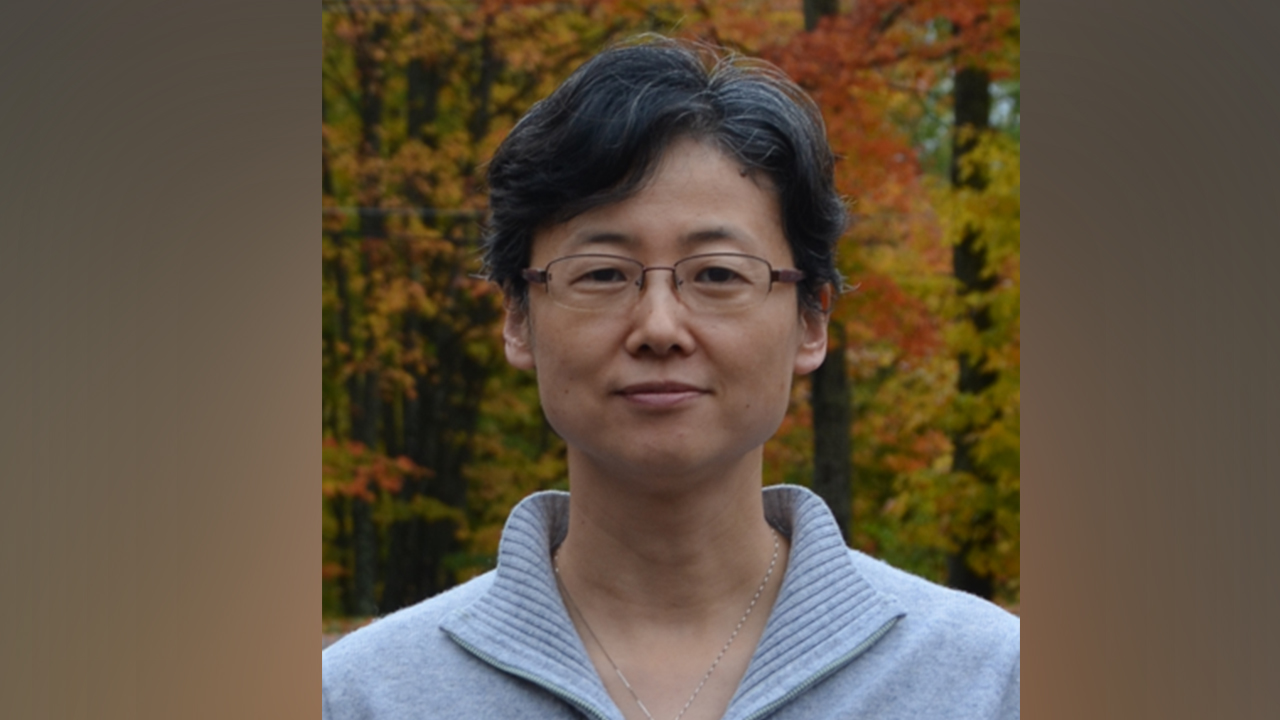
As an associate professor of electrical engineering, Dr. Fang Yang specializes in power engineering – an interest she developed during a summer camp in middle school, where she had a chance to visit power plants. Now she teaches these concepts to a unique group of students on the UW Oshkosh Fox Cities campus through the University of Wisconsin-Platteville Engineering Partnership. Designed for working adults or students unable to move to Platteville, the program offers place-bound students the opportunity to earn their UW-Platteville degree in mechanical engineering or electrical engineering at one of several partner sites across the state.
How did you become interested in teaching, and what do you enjoy most about teaching?
Many wonderful teachers who had positively impacted my life inspired my interest in teaching. I love sharing knowledge with students and enjoy how teaching keeps me learning.
What is your area of research and what projects are you currently working on?
My area of research focuses on the electric power system. In particular, I have worked on projects including smart power distribution grid technologies, such as microgrid, voltage-var control and optimization, distribution state estimation, outage management and meter data integration; bulk power system reliability assessment; and the application of artificial intelligence in power system control.
This seems like an exciting time for the field of renewable energy resources, as more national attention is being given to sustainability issues. What sort of trends or advancements in this field do you hope to see coming in the next decade?
As more countries and regions are embracing renewable energy resources, two trends I hope to see coming in the next decade are the advancements in microgrid and energy storage technologies. Microgrids are small-scale local power grids that balance renewable and other energy sources with load demand. Energy storage is a critical technology that allows the maximum utilization of the renewable energy. The further development, cost reduction and wide application of microgrid and energy storage technologies in the coming decade will effectively facilitate the penetration of renewable energy resources and improve the energy efficiency.
Recently, you created some unique opportunities for students on the UW Oshkosh Fox Cities campus to experience the concepts they were learning about by creating a microgrid system in the building; how has this project been received?
With the support of UW-Platteville, WiSys, WPPI, and UWO/FV, I was able to create a small scale microgrid system based on the Engineering Building at the UWO-FV campus. This microgrid has facilitated both education and research: the microgrid operation data have been used in electrical and computer engineering students’ class projects and the microgrid enabled research idea “Advanced Microgrid Energy Management” is one of the final round winners in 2018-19 Foxconn Smart Cities-Smart Future competition.
You teach as part of UW-Platteville’s Engineering Partnership, which primarily serves working adults. Why do you think this is an important population to serve. What do you enjoy about working with these students?
Working adults are one of the fastest growing groups in higher education. Many of them have full-time jobs in the field of electrical engineering and are the backbone of the local industry. Helping adult students succeed in school not only achieves their personal growth but also supports economic development of the community. I enjoy working with these students to see that they are able to apply the knowledge and skills they learned from the class to solve real-world problems in their daily work.